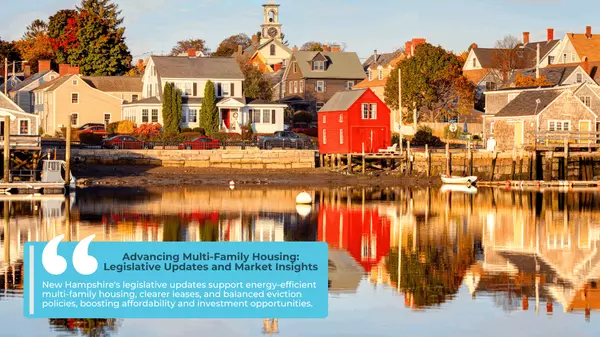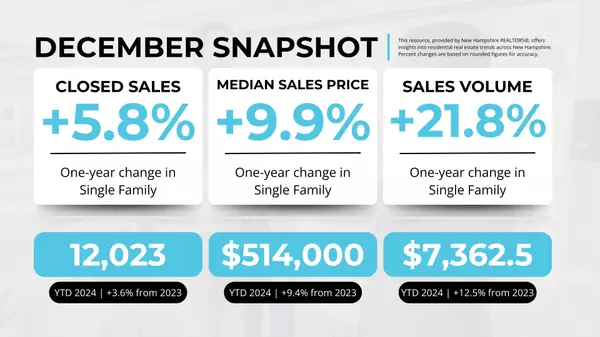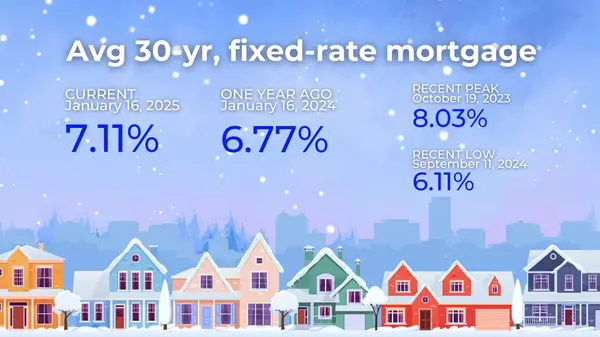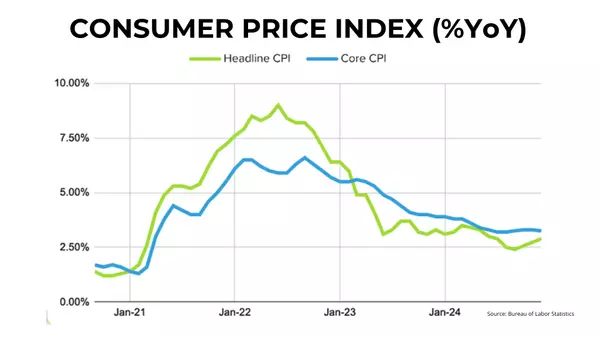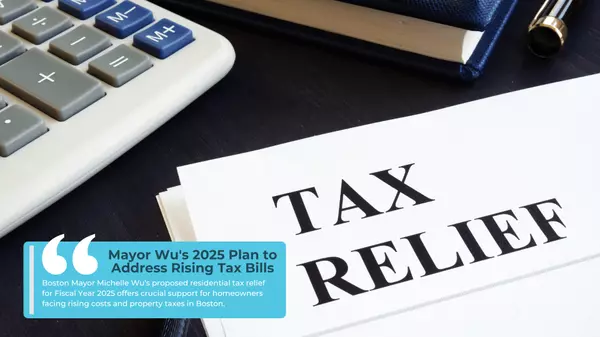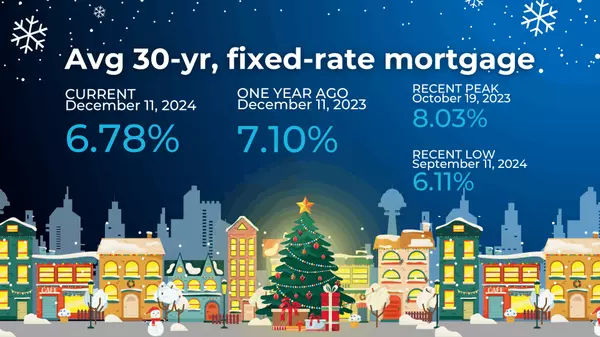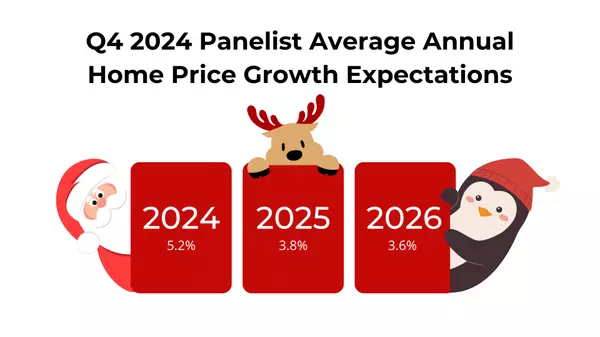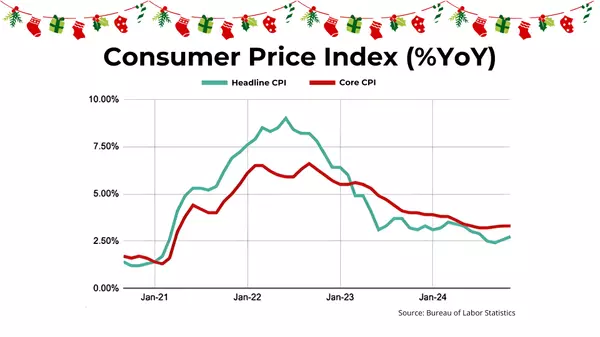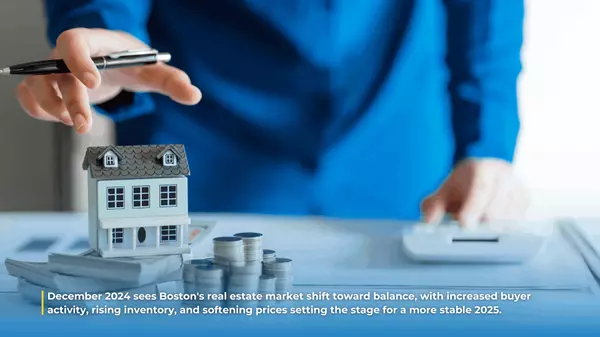VIDEOS
Check out our video resources to learn more about the buying and selling process

Breaking into Boston’s Real Estate Market: The Rise of Co-Buying
In response to the affordability challenges, an increasing number of prospective buyers are adopting a collaborative approach – co-buying properties with friends or siblings. This trend, gaining traction in the Greater Boston area, offers a creative solution to navigate the hurdles of the expen

Massachusetts Real Estate Tax Burden: Among Top Five Nationwide
The analysis, based on real estate tax rates, positioned Massachusetts at No. 34 overall but within the top 10 states where homeowners pay the most. In this article, we delve into the key findings of the report, shedding light on the annual tax figures and exploring how Massachusetts compares

Adapting to Change: How Rising Mortgage Rates Reshape the Real Estate Scenario
In the third consecutive week of increases, the average long-term mortgage rate reached 6.90% for 30-year mortgages, up from 6.77%, according to a report by Freddie Mac. This development is poised to influence the Greater Boston real estate market, adding complexities for those looking to enter
Categories
Recent Posts
